Brazil-Germany unite on behalf of sustainable urban development
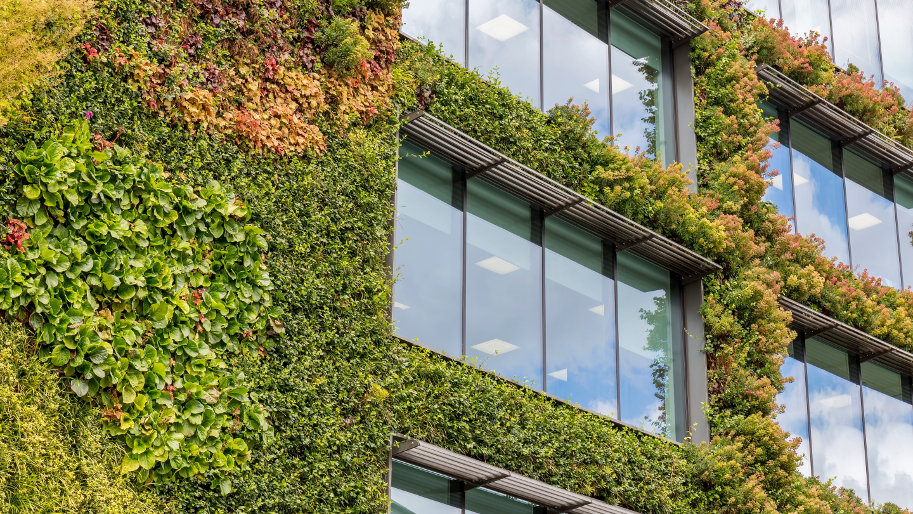 © iStockphoto
© iStockphoto
Urban development is currently a big challenge and Brazil and Germany are joining forces on behalf of a more adapted, aligned, and sustainable infrastructure.
The disorganized growth of large urban centers is one of the main concerns of today. According to the United Nations (UN), about half of the world’s population (55%) lives in cities and, by 2050, it is estimated that some two-thirds (68%) will be living in urban centers, which corresponds to 6.7 billion people. This trend shows that the coming decades will be marked by profound changes in the size and distribution of the global population, and the developing countries will be the most heavily impacted by this rapid growth, primarily with regard to urban planning. For that reason, it is of the utmost importance that initiatives involving the governance of cities be well thought out and executed in a unified manner by the scientific community and the governments.
Brazil and Germany have an urban population well above the worldwide average, 85% and 74%, respectively, which makes it especially important that there be an exchange of experiences and knowledge between the two countries, primarily because they already share a history of partnerships in the field of science, research, and innovation. Cooperation for development is a German structural policy and Brazil is an important partner, especially in the areas of environmental preservation, sustainable forest management, and energy efficiency. German-Brazilian cooperation for development began in 1962. Since then, a number of timely and strategic actions regarding the challenges of urban development have taken up the agenda of both countries, which, together, promote a more adapted, aligned, and sustainable infrastructure.
In 2015, the governments of both countries signed a cooperation agreement on sustainable urban development and, consequently, in November 2016, the 5th Brazil-Germany Dialogue on Science, Research, and Innovation discussed the subject “The City of Tomorrow – Tackling Urban Challenges and Opportunities”. With experts from Brazil and Germany in attendance, the subject became a driving force and, since then, many partnerships and bilateral cooperation agreements are being developed. The event was held by the German Centre for Research and Innovation São Paulo (DWIH São Paulo) and jointly organized by the Research Foundation of the State of São Paulo (Fapesp), Getúlio Vargas Projects Foundation (FGV Projetos), The Parliament School of the City of São Paulo, and the German Federal Foreign Office (AA).
Georg Witschel, Germany’s Ambassador to Brazil, commented during the 5th Brazil-German Dialogue that the Brazil-Germany partnership on urbanization takes in such areas as smart cities, development, integrated urban planning and sanitation that are sustainable and respect the environment. “Signed in 2015, the binational cooperation agreement is making new advances. Through an interministerial work group, we will continue to dialogue. Germany is quite interested in broadening its cooperation with Brazil in this area, as well,” Witschel commented.
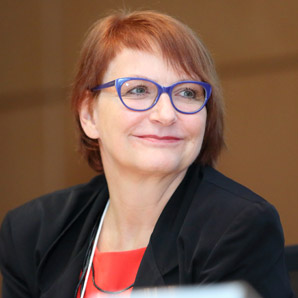
"The discussion of urbanization and its implications, like inequality, environmental deterioration, social injustice, food safety, and health issues, is of extreme importance. I am certain that, by dealing with these issues, from both a cross-disciplinary standpoint and Brazilian and German perspectives, we will arrive at a better understanding regarding what should be done to make inevitable urban growth sustainable and better for all of us."Martina Schulze, Director of DWIH São Paulo
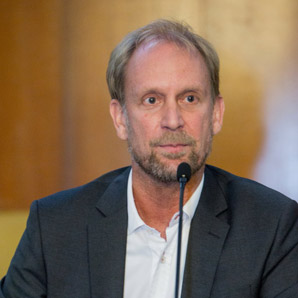
"We have known about ecological, infrastructure, and transportation problems, as well as social problems, for a long time. So that, by 2050, cities will still be inhabitable, solutions must be found, both technical and technological and political and social."Rainer Wehrhahn, geographer at Kiel University
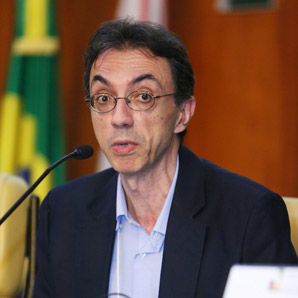
"We can have much smarter cities in the future. So, we must strengthen the answers that specifically avoid that cities remain increasingly unequal and elitist."Marcos César Alvarez, Professor of the University of São Paulo (USP)
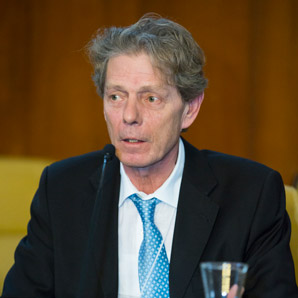
"In the area of climate change, there is a broad range of cooperation projects between Brazil and Germany. We must emphasize, here, the ATTO research project. In a cooperative effort between Brazil’s Amazon National Research Institute (INPA) and the Max Planck Society, a climate measurement tower was built and equipped with various research instruments. This project, alone, has required significant amounts of funding in recent years from both of the parties. The results will make an important contribution to understanding climate behavior."Thomas Schröder, former counsellor for Scientific Affairs and Academic Exchange of the German Embassy in Brazil
Sustainable development was the subject of the magazine “Brazil-Germany Dialogue on Science, Research, and Innovation ” (2017 – No. 05), which discussed the topic: “The City of Tomorrow – Tackling Urban Challenges and Opportunities”.
Access the magazine here!
